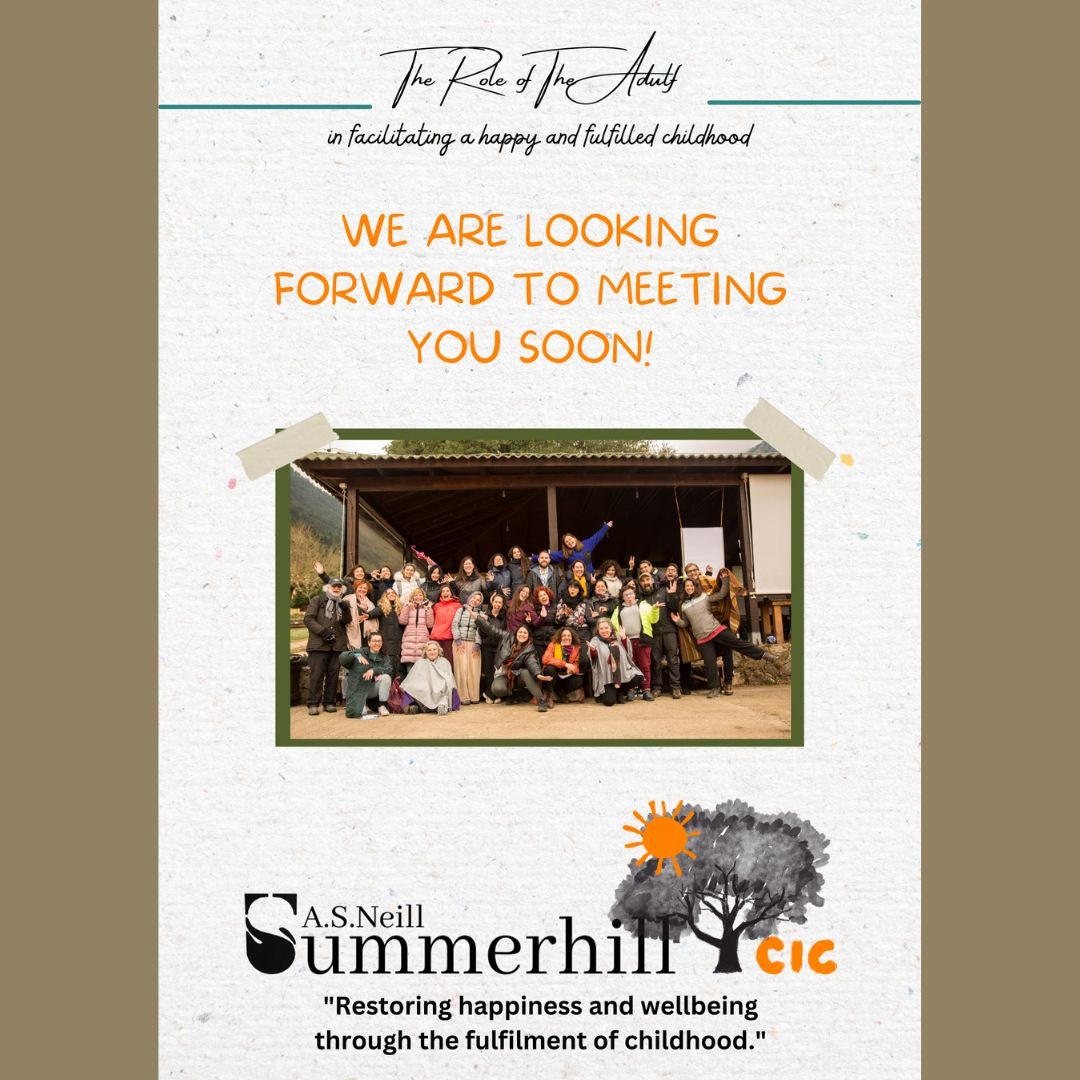As education continues to evolve in response to the increasing demand for personalised, flexible, and community-centred learning, one trend gaining significant momentum is the rise of community learning pods. Particularly during summer months, these pods are pioneering decentralised summer school programs that are reshaping how families and educators approach out-of-school learning.
What Are Community Learning Pods?
Community learning pods are small, often parent- or educator-led groups that come together to provide personalised learning experiences for children outside traditional school settings. These pods vary widely, from informal neighbourhood groups to more structured cooperative learning environments, but all share a common goal:
To prioritise collaborative, student-centred learning
To provide safe, flexible, and engaging educational options
To build strong community connections around education
The pods empower parents and educators to tailor learning according to children’s needs, interests, and pace, something large, centralised school systems often struggle to achieve.
The Rise of Decentralised Summer School Programs
Summer traditionally serves as a break from formal schooling, but concerns about learning loss, limited access to quality enrichment, and the desire for deeper engagement have prompted many communities to rethink how children spend these months.
Community learning pods have stepped into this gap, pioneering decentralised summer school programs that challenge the one-size-fits-all model. These programs are characterised by:
Localised control: Unlike district-run summer schools, pods are designed and governed by members of the local community, including parents, educators, and sometimes students themselves.
Flexible curricula: Pod organisers have the freedom to select or create curricula that are culturally relevant, project-based, or skill-focused, often blending academic, artistic, and social-emotional learning.
Smaller groups for personalised attention: The smaller size typical of pods allows for individualised teaching that can adjust rapidly to students’ evolving needs.
Use of alternative spaces: Classes might take place in homes, community centres, parks, or libraries rather than traditional school buildings.
Why Community Learning Pods are Thriving
Several factors have contributed to the growth and popularity of pods, especially as summer programs:
Pandemic Learnings: The COVID-19 pandemic taught families and educators the value of personalised learning environments and the flexibility they offer. Many pods emerged as stop-gap solutions during remote schooling, evolving into lasting educational models.
Desire for Broader Curricula: Parents are increasingly looking for summer learning options that incorporate real-world skills, creativity, and social learning — elements often sidelined in traditional summer programs.
Community Empowerment: Pods tap into the passion and expertise in local communities, fostering stronger relationships among families and educators and creating a sense of shared purpose.
Addressing Equity and Access: Many pods focus on inclusivity, offering learning to children in underserved areas that may lack quality summer programming through schools.
Examples of Pod Models in Action
Across urban and rural areas alike, many pods have flourished over the past few years. Some examples include:
Multi-Family Learning Clusters: Groups of neighbouring families form pods that rotate hosting, share teaching duties, and pool resources to offer diverse learning experiences. Activities often include outdoor science experiments, art projects, and local history explorations.
Specialist Skill Pods: Focused on particular skills like coding, music, or language immersion, these pods combine small group teaching with online modules. They allow kids to deepen interests that may not be well-covered in school curricula.
Community Partnership Pods: Collaborating with libraries, museums, or local farms, these pods embed experiential education and community involvement into their summer programs, making learning both fun and relevant.
Benefits Beyond Academics
The impact of community learning pods extends well beyond academic performance:
Social-Emotional Growth: Small, supportive groups help children build confidence, communication skills, and resilience.
Parental Engagement: Parents often report a stronger connection to their child’s learning journey and greater involvement in educational decisions.
Cultural Relevance: Pods can adapt quickly to include curricula that reflect the cultural backgrounds and values of their community, fostering a richer learning environment.
Localised Innovation: Without the constraints of centralised bureaucracy, pods experiment with new educational strategies, often serving as incubators for innovative practices.
Challenges and Considerations
While community learning pods are promising, they do face challenges:
Access and Inclusivity: Not all families have equal ability to participate due to time, resources, or social connectivity. Efforts to make pods accessible and diverse are crucial to avoid deepening educational inequities.
Quality Assurance: Ensuring pedagogical quality and consistency can be difficult without formal oversight, requiring pod leaders to be thoughtful and well-informed.
Coordination and Sustainability: Running a pod demands organisation and commitment — factors that can strain busy parents or educators, especially over longer periods.
Looking Forward: Pods as Part of the Educational Ecosystem
Community learning pods are more than just temporary fixes; they are a vital contribution to the evolving educational landscape. Their decentralised, democratic models of education reflect wider societal shifts towards personalised, adaptive, and community-driven approaches.
As policymakers and educators look for ways to improve inclusivity and foster meaningful learning, pods offer practical insights and real-world examples of learner-centred education in action.
How You Can Get Involved or Start a Pod
Assess community needs and resources: Talk to families, educators, and local institutions to shape your pod’s vision.
Keep groups small and manageable: Focus on building trust and meaningful interaction.
Be flexible and creative with space and time: Parks, community centres, and homes can serve as vibrant classrooms.
Seek collaborations: Connect with experts, libraries, or nonprofits for support and enrichment activities.
Prioritise inclusivity: Strive to welcome diverse learners and accommodate different abilities and backgrounds.
Final Thought
In a world where education often feels defined by rigid systems and high-stakes testing, community learning pods remind us of what education can be — personal, joyful, and connected. By pioneering decentralised summer school programs, they’re not just filling a gap, they’re cultivating a future where learning belongs to everyone.
So here’s to the pod leaders, learners, and communities daring to rethink education. Your work is lighting a path toward freedom, creativity, and discovery for generations to come.
Recommended Resource for Science Education Tutoring Online:
Need a Coach? Here’s Steve a Great Coach and a Good Friend:
Building a Community - Your Voice Matters
This newsletter is more than just a one-way street. It's a community where we can learn from each other, share our experiences, and support one another on our educational journeys. I encourage you to engage with the content, share your thoughts and questions, and connect with fellow readers.
Message Dominus Owen Markham
I believe that education is a lifelong pursuit, a continuous process of growth and discovery. Together, we can create a more engaging, equitable, and empowering learning experience for all.
Final Thoughts
Thank you for joining me on this exciting adventure. I'm eager to explore the world of education and coaching with you. Let's embark on this journey together, embracing the past, navigating the present, and shaping the future of learning.
Until next time, keep learning, keep growing, and keep inspiring!












